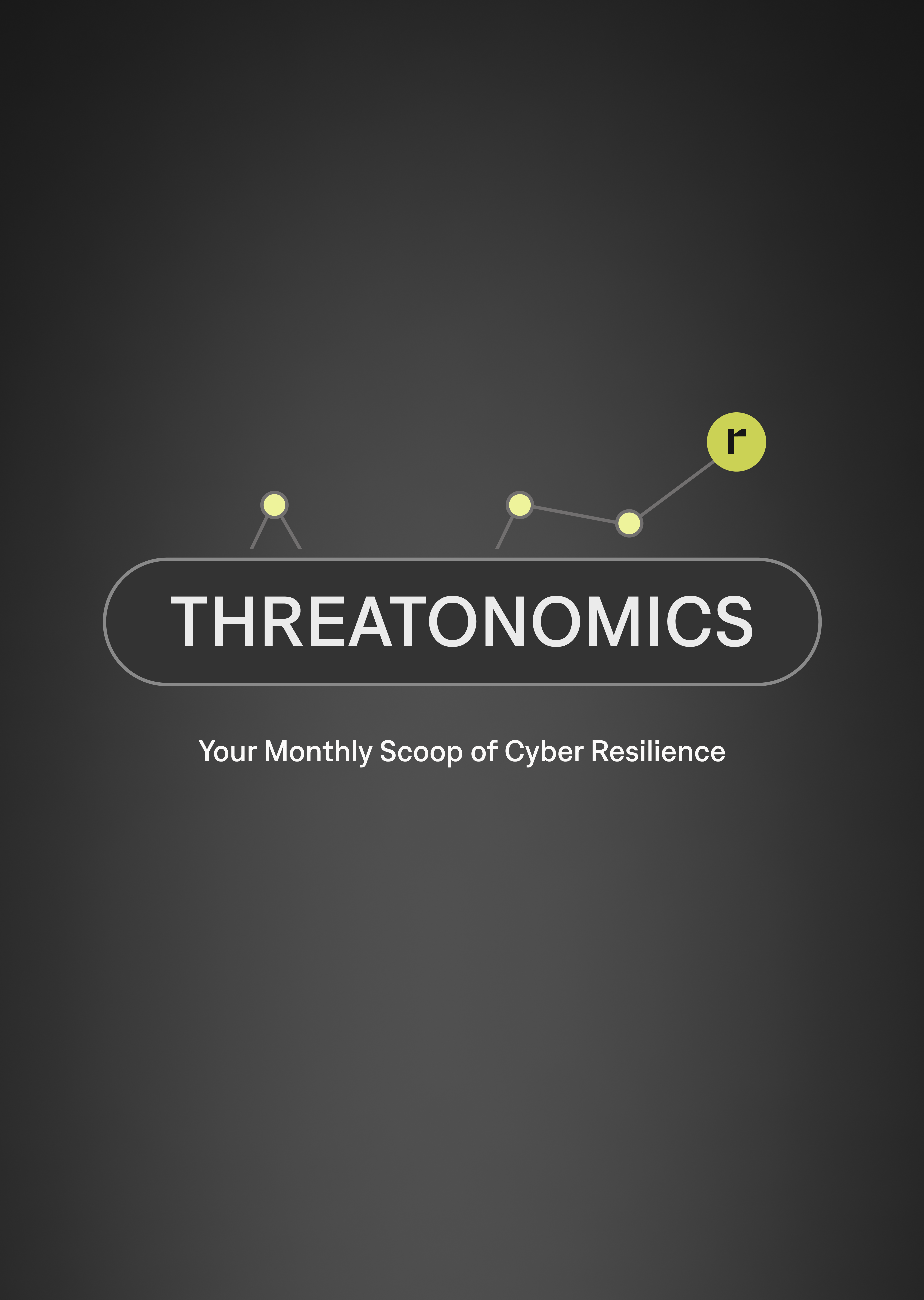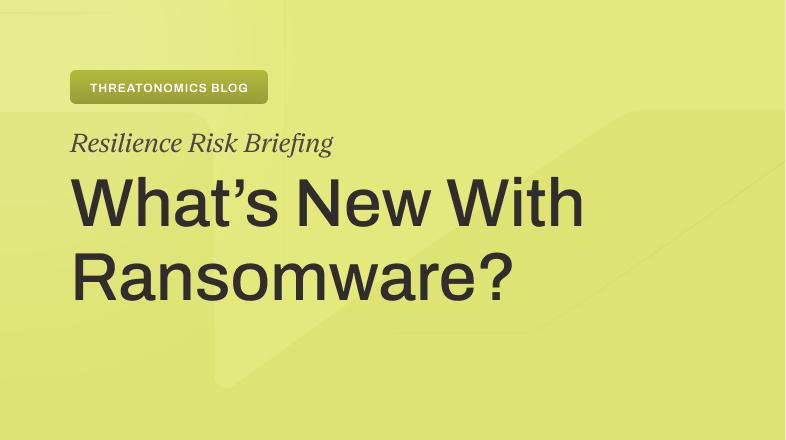Quantum computing is at the forefront of revolutionizing computational capabilities, significantly impacting various aspects of data processing and analysis. This innovative technological leap brings to light the profound challenges it poses to current cybersecurity defenses, emphasizing the need for advanced protective measures. In fact, 47 percent of global respondents indicated concern about security threats connected to quantum computing.
The interplay between the rapid advancements in quantum computing and the existing digital security infrastructure highlights an imminent need for evolved strategies to mitigate the risks associated with these technological strides. Understanding the complexities of quantum computing’s impact on cybersecurity is pertinent for those directly involved in the field and crucial for any entity reliant on digital technologies for its operations.
Quantum Computing Unveiled
Quantum computing differs from traditional computing in that quantum bits or qubits can exist in multiple states simultaneously due to quantum superposition. This capability enables quantum computers to solve certain types of problems, including those involving complex calculations and data analysis, far more efficiently than their classical counterparts.
The potential applications of quantum computing are vast and varied, promising significant advancements in areas ranging from material science to pharmaceuticals and, most importantly, in cryptography and cybersecurity. However, as we usher in this new era of computing power, the stark implications for encryption technology, which currently underpins the security of digital communication and information storage, become increasingly apparent.
The Challenge to Encryption
The computational capabilities of quantum computing directly challenge the security of modern digital encryption, which heavily relies on the difficulty of solving certain complex mathematical problems. Algorithms such as RSA, which secure the majority of the internet’s data transmission, could be unraveled quickly by a quantum computer.
This threat extends beyond theoretical concerns, with practical implications for national infrastructure security, financial institutions, and personal privacy. As quantum computing advances, the urgency to develop encryption methods immune to its decoding capabilities escalates, prompting a race against time to secure digital assets against future quantum attacks.
Cybersecurity Implications and Responses
The advent of quantum computing necessitates a pivotal shift in cybersecurity strategy. Traditional encryption methods must evolve to counter the sophisticated capabilities of quantum computers. This evolution is not merely an upgrade but a radical transformation, requiring the adoption of quantum-resistant protocols across the board.
Current efforts in this direction include research into post-quantum cryptography, which aims to develop encryption methods that can be implemented on today’s classical computers but are secure against future quantum attacks. This proactive approach is critical for maintaining the confidentiality and integrity of information in the forthcoming quantum era.
Preparing for the quantum computing revolution involves more than just technological upgrades; it requires a shift in mindset towards more dynamic and flexible cybersecurity practices. Organizations must begin assessing their vulnerability to quantum attacks and prioritizing the protection of their most sensitive data. Adopting quantum-resistant encryption and re-evaluating their entire cybersecurity infrastructure becomes essential in light of the potential impact of quantum computing.
Organizations can stay ahead of cyber threats in a post-quantum world by fostering a continuous learning and adaptation culture. The journey towards quantum resilience is complex and ongoing, demanding collaboration, innovation, and a steadfast commitment to safeguarding digital assets in an increasingly uncertain future.
Navigate the Waters of Quantum Computing and Emerging Cyber Threats with Resilience
As we stand on the brink of a new era in computing, the intersection of quantum computing and cybersecurity presents a formidable challenge that demands immediate and sustained attention. The transition to quantum-resistant cybersecurity is not merely a technical issue but a strategic imperative that will define the security posture of organizations in the years to come.
By embracing innovation and preparing for the impact of quantum computing, we can forge a path towards a secure digital future. The dialogue between quantum computing and cybersecurity is just beginning, and its evolution will undoubtedly shape digital security for generations to come. Are you ready to take proactive protection against cyber threats? Request your demo of Resilience today.

Stay ahead of cyber risk with the latest intel on threats, best practices, and more.
Sign up for our Threatonomics newsletter to get the latest insights from our experts in cybersecurity, insurance, and risk management; all you need to achieve Cyber Resilience.
Subscribe







